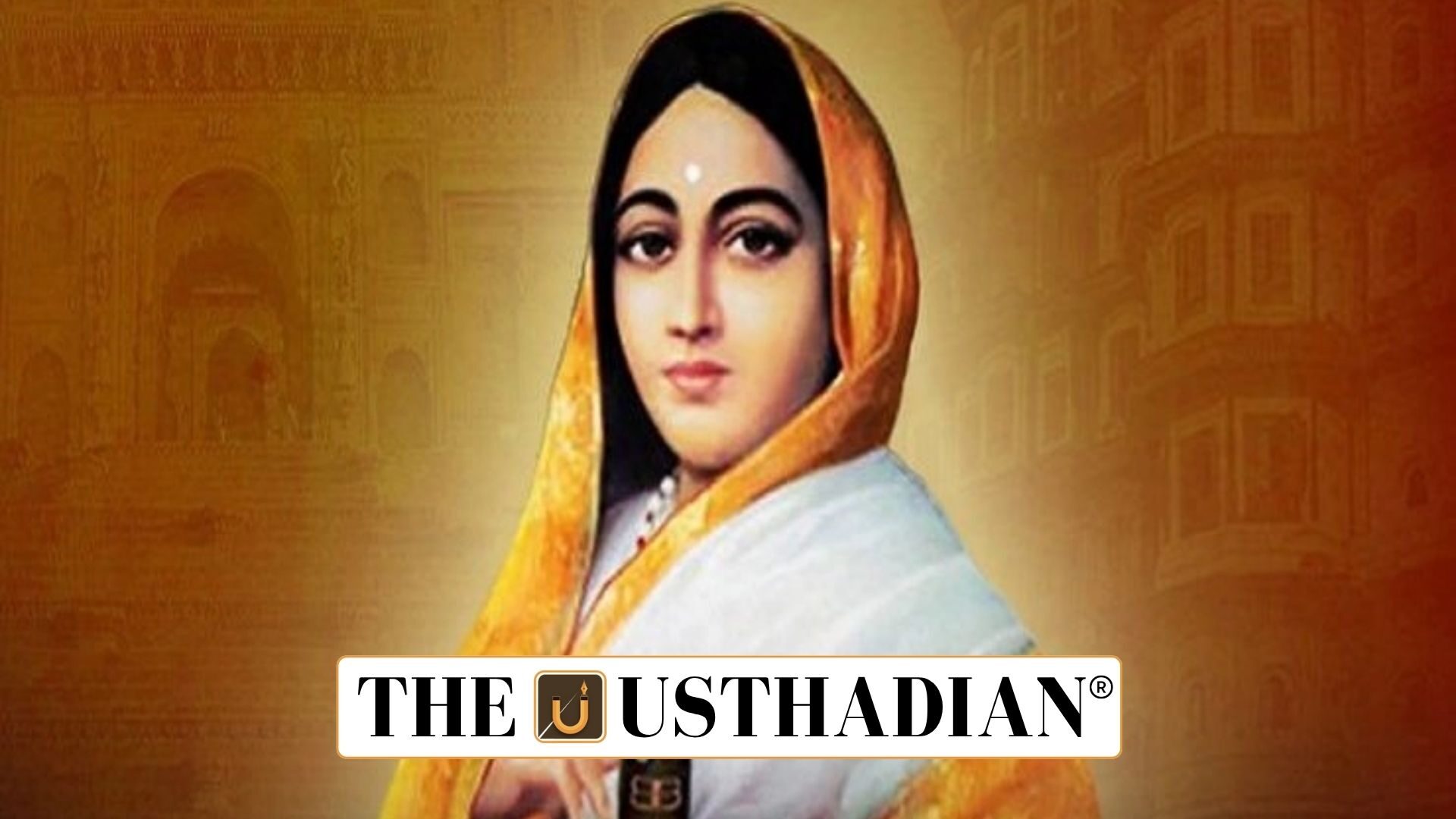Honouring a Legendary Queen
Lokmata Devi Ahilyabai Holkar 300th Birth Anniversary: India fondly remembers Lokmata Devi Ahilyabai Holkar on her 300th birth anniversary. Born in 1725, this iconic queen of the Malwa kingdom left a legacy that still echoes across Indian history. Her wisdom, courage, and deep commitment to dharma earned her the title of Philosopher Queen.
Her life stands as a shining example of good governance, spiritual patronage, and women’s leadership long before these became part of modern debates.
Humble beginnings
Ahilyabai was born in Chondi, a quiet village in Ahmednagar, Maharashtra. Despite her rural upbringing, she rose to become one of India’s most respected monarchs. She married Malhar Rao Holkar, who was then the chief of Malwa under the Maratha empire.
Her story took a historic turn when, after personal losses and political upheavals, the Peshwa granted her the right to rule Malwa. In 1767, she officially became the ruler of Indore, and her reign marked a golden era.
Champion of cultural revival
Ahilyabai wasn’t just a ruler—she was a visionary builder and reformer. She established a textile industry in Maheshwar, reviving traditional weaving and promoting the now-famous Maheshwari sarees.
But her contributions didn’t stop there. She built and restored temples across India, displaying deep reverence for the spiritual heritage of the country. She was responsible for rebuilding or repairing key shrines like the Kashi Vishwanath Temple and the Old (Juna) Somnath Temple in Gujarat.
Her works include construction and restoration at 12 Jyotirlinga sites, including sacred places like Haridwar, Rameshwaram, and Kashi. These acts reflect both her devotion and cultural foresight.
Warrior and builder
Besides her spiritual projects, Ahilyabai was also a practical leader. She constructed the Maheshwar Fort, now known as Ahilya Fort, on the banks of the Narmada River. This became a center of administration and culture.
She also formed a women’s army, a bold and progressive move. It wasn’t just about warfare—it symbolized her commitment to law, order, and gender equality.
Her governance style focused on justice, welfare, and inclusivity, earning admiration from even her critics.
Static Usthadian Current Affairs Table
Lokmata Devi Ahilyabai Holkar 300th Birth Anniversary:
| Topic | Details |
| Birthplace | Chondi village, Ahmednagar (Maharashtra) |
| Year of Birth | 1725 |
| Royal Title | Philosopher Queen of Malwa |
| Became Ruler | 1767, after Peshwa’s approval |
| Textile Contribution | Maheshwari Sarees from Maheshwar |
| Major Temple Restorations | Kashi Vishwanath, Juna Somnath, Haridwar, Rameshwaram |
| Jyotirlingas | Restored 2 of the 12 Jyotirlingas |
| Fort Constructed | Maheshwar Fort (Ahilya Fort), Narmada River |
| Unique Military Step | Formation of women’s army |
| Died | 1795 |








